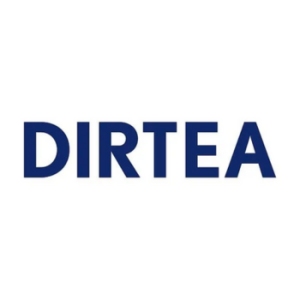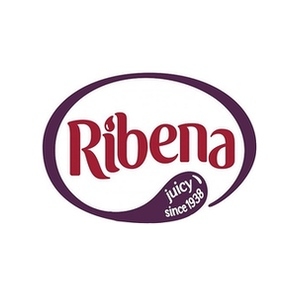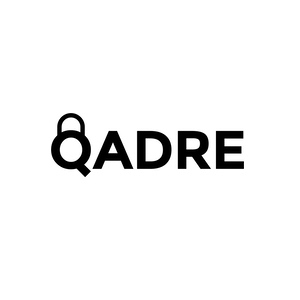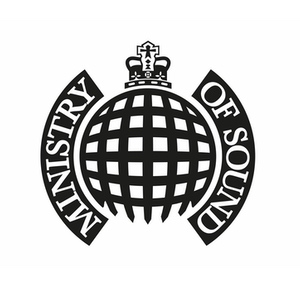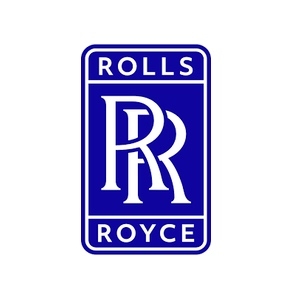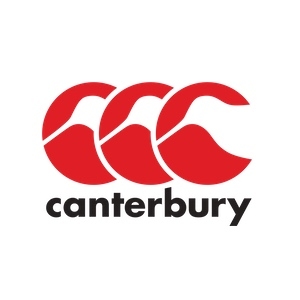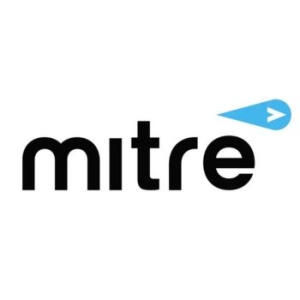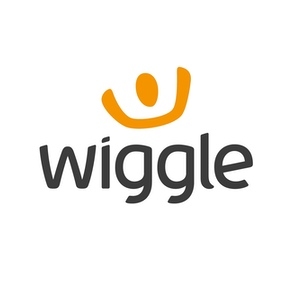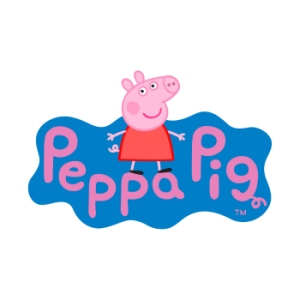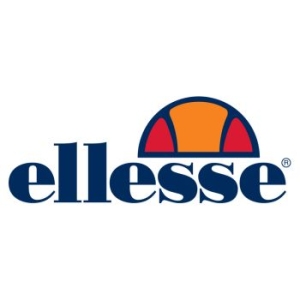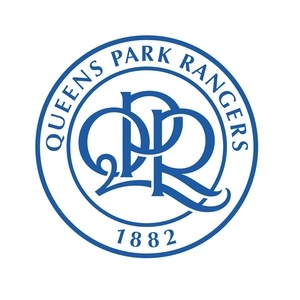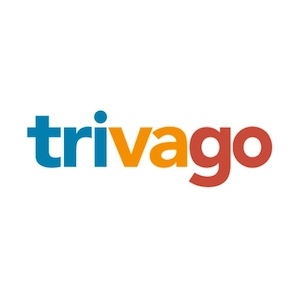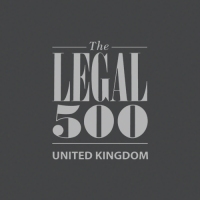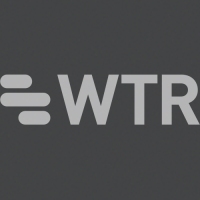Search-a-brandPowered by BRANDSMITHS
Search-a-brand assists you in researching, choosing and building a brand for your company, service or product. Try it out and search with the intended name!

THE HIDDEN COST OF ILLEGAL STREAMING
Author: Mollie Lambert
How illegal streaming harms creatives, brands and economies.
Traditional broadcast media has been facing a steady decline in viewership in the past decade, no doubt as a result of the ease and availability of streaming services. Increasingly, this is also as a result of illegal streaming services, which have brought new challenges and concerns for creatives and brands.
The explosion in illegal streaming critically undermines the creative industry by reducing the financial compensation of artists, producers, creators and the visibility of brands and products in advertising spaces. This all has the knock-on effect of damaging brand reputation and subsequently brand partnerships.
Illegal streaming is presenting many new challenges for content creators, producers and brands alike, and the need to help them by using legitimate services has never been more pressing. With producers and creatives grappling with the new accessibility of illegal streaming platforms, we wanted to highlight not only the legal implications for streamers but also the very real impact illegal streaming has on brands, creatives and producers.
Background on Illegal Streaming
People now predominantly share illegal streams through social media including Meta sites, X, YouTube and increasingly on TikTok. While these sites do have systems in place to monitor and take down protected media, as well as measures to remove and penalise accounts associated with the illegal streaming, these organisations have inadvertently become increasingly involved in illegal streaming. Therefore, the legal implications will still apply to them as well as the individual orchestrating illegal streaming.
There are many ways that illegal streaming happens other than through social media, including streaming websites and IPTV services, which offer access to live TV channels, pay per view sports events, films and TV shows at a cheaper cost than the legitimate service. Illegal streaming can also take place through the purchase of devices, often FireSticks, which are pre-loaded with software to stream Protected Media.
Legal Implications for the Wrongdoer
Media such as films, TV shows and live sports events are protected by copyright law in the UK and considered as Protected Media. Individuals or organisations who stream, facilitate or distribute Protected Media without authorisation or consent from the copyright holder therefore breach the copyright in that Protected Media.
The CDPA 1988 holds that the streaming or downloading of Protected Media, without authorisation, is a violation of copyright law and is considered an infringement. The copyright owner can take legal action against the streamer which can lead to fines, an order to pay compensation for loss caused (which could be significant) or, if the streaming is on a commercial scale, criminal charges. Criminal charges may result in both fines and imprisonment, as was the case for a man in Liverpool who had been selling illegal Firesticks.
Financial Impacts on Artists, Producers and Creators
Whilst the focus of illegal streaming is often on live sports, it is important to highlight that those working in creative industries, where they already often face financial hardships, are also impacted by illegal streaming. Some estimates suggest that illegal streaming sites have cost European economies over 3 billion euros.
As a result of illegal streams, creatives face reduced financial compensation for their work as there are less people paying for subscriptions or one-time payments. This is often felt particularly strongly when payment for the creator is linked to a royalty or the number of viewers/ listeners. The more easily available, illegally streamed content can be accessed, the harder it is for the industry to produce and play content that requires a fee to be viewed. The prevalence of free to use social media which is often used to facilitate illegal streaming adds another obstacle to providing a paid for service to consumers, as people have become accustomed to not having to pay to consume their entertainment.
Negative Effect on Brands
Association with illegal streaming can severely damage a brand's reputation and their appeal to advertisers, even if the link is indirect, as frequent or high-profile ties to illegal content undermines the appeal of collaborations. This negative perception can erode consumer trust and loyalty, diminishing the value of the brand and subsequently brand partnerships, Brand partners and advertisers might question their return on investment if illegal streaming undermines the effectiveness and financial impact of their campaigns, as has been recently seen in the DAZN/Ligue 1 case. Football broadcaster DAZN has withheld half of the TV rights payments it owes for February (amounting to €35 million), accusing Ligue 1's governing body, LFP, of failing to combat piracy and other shortcomings. Aside from immediate legal risks, this failure to crack down on illegal streaming could leave brands facing long-term financial setbacks as lower fees are negotiated for partnerships, and advertisers withdraw from deals due to concerns about the adverse effects of illegal streaming on their ads.
About Brandsmiths
Brandsmiths specialises in all matters related to trade marks, copyright, designs, patents, confidential information, and database rights.
If you would like to discuss brand reputation in more detail, please get in touch.
Brandsmiths is a trading name of Brandsmiths S.L. Limited which is authorised by the Solicitors Regulatory Authority, SRA No: 620298. Founding Partner: Adam Morallee
Privacy and Cookie Policy | Terms and Conditions | Complaint Procedure | Site by: Elate Global











